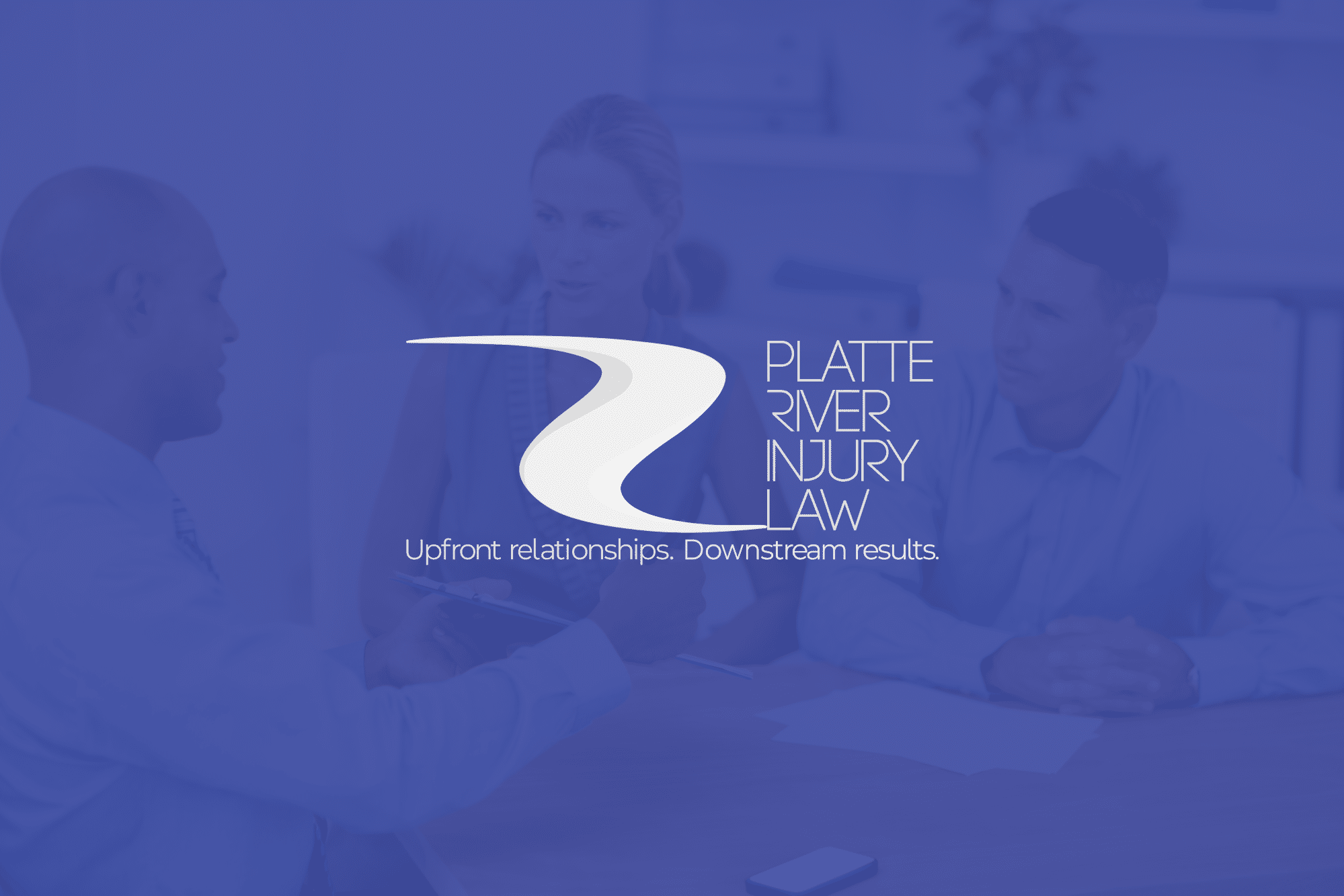Should You Take the First Offer on a Personal Injury Claim?
When you’ve been injured in an accident, you’re likely to be exhausted and badly shaken. You may be laid up in a hospital bed or trying to rest at home, struggling with pain, trauma, and the side effects of health care. This is no time to make major financial decisions, even if—in fact, especially if—you don’t seem to be too badly hurt.
With all the sudden pressures of major medical care, transportation issues, and lost work time, it can be very difficult not to take an initial settlement offer from an insurance company. But once you take a settlement offer, you will have to release the other party from any further obligations. And you may yet have losses you don’t know about, including:
- Medical expenses from hidden injuries that become apparent later (especially common in auto accidents)
- Transportation expenses
- Lost opportunities for income
- Home care needs
These could add up to thousands of dollars’ worth of bills. If you are unlucky, you may even encounter long-term disability. If you accepted a small settlement at the outset, you will be left without any recourse. That’s why it is best to discuss your situation with a personal injury attorney before considering a settlement.
How Insurance Settlements Work
Most personal injury claims do not go to court. Instead, they are settled between parties, or rather between injured claimants and insurance companies for the parties responsible for the injury. This is especially true for auto accidents. Other common personal injury claims that tend to settle include:
- Premises liability (including slip and fall accidents)
- Medical malpractice
- Product liability (injuries from defective products, including drugs)
Settlements are much quicker and less expensive than trials for everyone concerned. However, for insurance companies, settlement offers are often like a game, and the first one is an opening bid. If an insurer offers a small settlement amount up front, they can potentially get rid of a claimant for much less than their claim is worth.
However, when the claimant has a personal injury attorney, the attorney understands when this offer is more like a starting point for negotiations. Before a claimant’s attorney considers accepting a settlement offer, they must analyze the situation and the potential damages that the claim might involve.
Under Wyoming law, personal injury damages are determined according to a principle called “modified comparative negligence.” At a trial, the court determines the level of fault between the plaintiff claiming damages and the defendant. This degree of fault is expressed as a percentage; for example, a plaintiff may be found 20% at fault for an incident that led to injury. If the court finds that the plaintiff had some degree of fault—assuming it is less than 51%—the plaintiff is still entitled to recover damages. However, the damage award is reduced by that percentage of fault. For example, a plaintiff who was 20% at fault can only recover 80% of their damage claim. And if the court finds that the plaintiff was 51% or more at fault, they cannot recover anything.
Since most personal injury claims do not go to court, the investigation and determination of fault falls to the insurance company. Insurance adjusters review the evidence from the scene: photos, police reports, claimant and witness statements, and in some cases the site itself. The company’s investigators may also look into the claimant personally through public records, social media, or even surveillance. This, they say, is to search for evidence of fraud, but it is also a search for some leverage to assert that a claimant is exaggerating injuries, even when that is not true.
The insurance company produces a report on the incident, with a determination of fault. This is the percentage of fault they assert that a court would find at a trial. The percentage is the basis for their settlement offer—in fact, some companies use an algorithm to produce a number. The insurance company has a strong incentive for bias against the claimant here, especially a third-party claimant, such as a driver that their customer hit. After all, the company does not make money on payouts, especially from someone who never paid them a premium.
How to Improve Your Settlement Chances
Personal injury attorneys understand how this process works, and they will not let you get lost in it. The sooner you contact an attorney, the better—it is best not to make any statements about the incident without their advice.
Your attorney will discuss your circumstances and the facts of the case to understand what you need now and may need in the future. Then they can review reports and investigate for themselves to determine what actually happened, as opposed to what the insurance report claims to have happened. The attorney will then contact the insurer and set out your claim, beginning negotiations.
The simple fact of having an attorney will let an insurance company know that the claimant is serious. They know attorneys get results. Insurance industry studies have shown that claimants with attorneys, on average, receive larger settlements than those received by claimants acting alone.
If you think you may have a personal injury or wrongful death claim in Wyoming, we want to hear from you. Platte River Injury Law, a Cowboy Country Law firm serves clients in Casper, Cheyenne, Gillette, Laramie, Rawlins, Riverton, and Sheridan. Call us today at 307-215-9724 to schedule your free consultation.






